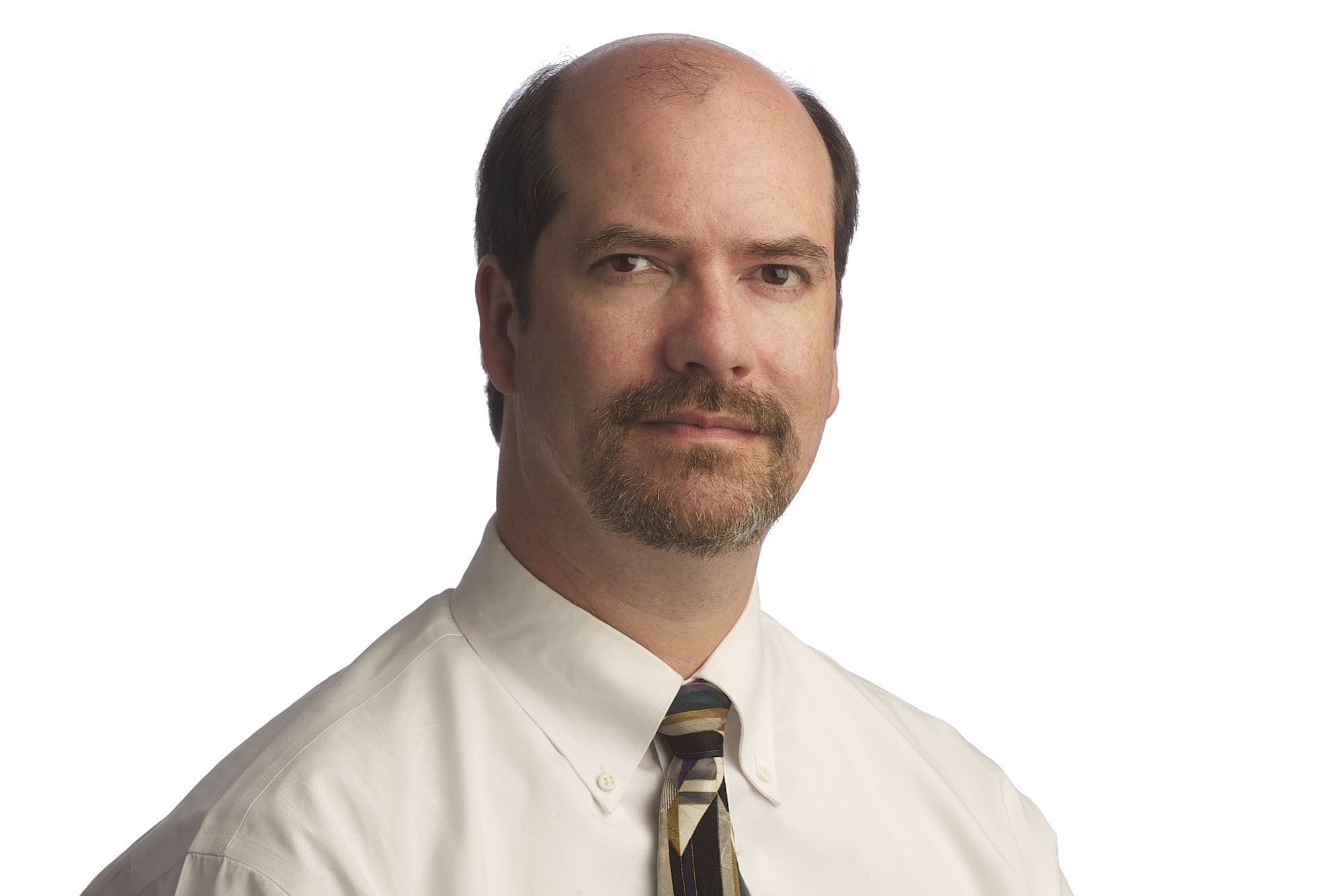If only there were more Sundays in the week.
I get to fill this little space every Sunday for The Columbian, and while I’m grateful for the opportunity, sometimes it’s just not enough; occasionally, worthy topics get pushed aside by events such as, oh, I don’t know, an election. All of which is a roundabout way of explaining why I’m finally writing about an event that occurred last month in Vancouver. Sure, it was a while ago, but it’s just too important to ignore.
You see, the Vancouver Community Library was the scene for a “debate” over climate change — whether it exists and whether it is caused by human activity. And while three proponents on each side of the issue presented their case, I can’t help but wonder why this called for a debate.
Now, I’m not a scientist. But I can understand percentages, and 97 percent of published climate researchers say humans are the cause of most global warming.
Therein lies a conundrum that seems uniquely American. Because in this country, we have a habit of giving dissenting opinion the same weight as consensus opinion. That’s part of what makes us who we are, but it can be problematic. Hence the fact that the Vancouver “debate” included three experts on both sides of the issue. Hence the fact that the other 94 experts must have been out back in the alley. Sure, you can find well-reasoned, well-educated people who believe that climate change is a hoax; but any honest intellectual discussion will demonstrate that those people are vastly outnumbered.
A couple months ago, on his HBO show, John Oliver framed the issue in its proper perspective. Instead of the typical one-on-one discussion, he put three climate change skeptics on one side — and 97 scientists on the other. “I can’t hear you over the weight of scientific evidence!” he shouted at the skeptics, over the cacophony.
At the Vancouver event, researcher Ryan Rittenhouse said, “The media is not representing this issue accurately. We’re not even representing it honestly here. What we’re doing here is we’re having a political, philosophical debate. We’re not having a scientific debate here.”
Impact on Washington
All of this could have vast implications for Washington state and, especially, for next year’s Legislature. Gov. Jay Inslee ran on a platform of being the nation’s “green governor,” and he has remained colorful during his time in office. Last week, a panel convened by Inslee delivered a report on how to put a price on carbon pollution. The panel highlighted advantages to two approaches — a carbon tax, or a cap-and-trade program. In other words, make polluting companies pay for polluting.
Inslee will use the report to help formulate a proposal to put before lawmakers, with the goal being to reduce carbon emissions that scientists — about 97 percent of them, anyway — say contribute to climate change. Part of the impetus is the fact that in 2008, voters passed a law requiring Washington to reduce greenhouse gas emissions to 1990 levels by 2020. Considering that mandate from the electorate, and the fact that Inslee was elected governor, there would seem to be support for carbon reduction in the state.
And why not? Even if you don’t believe climate change is caused by humans, would you really argue that it’s a bad thing to reduce emissions? Would you really insist that more gunk spewing into the air is good for people or the planet?
Critics say this will have negative economic implications, but in reality the choice is whether to pay the cost at the emission stage or in the long-term effect stage as we deal with the impact after the fact. That doesn’t seem like much of a choice. Economic concerns can be balanced with environmental concerns, and Washington would be wise to position itself as a leader in clean energy. In the long run, it will provide an economic boost, and in the short run it will help preserve our quality of life. And if you have little interest in those things, perhaps Kentucky would suit you better.
Me? I’ll take Washington. Any day of the week.
Editor’s note: Comments on this story have been disabled.





